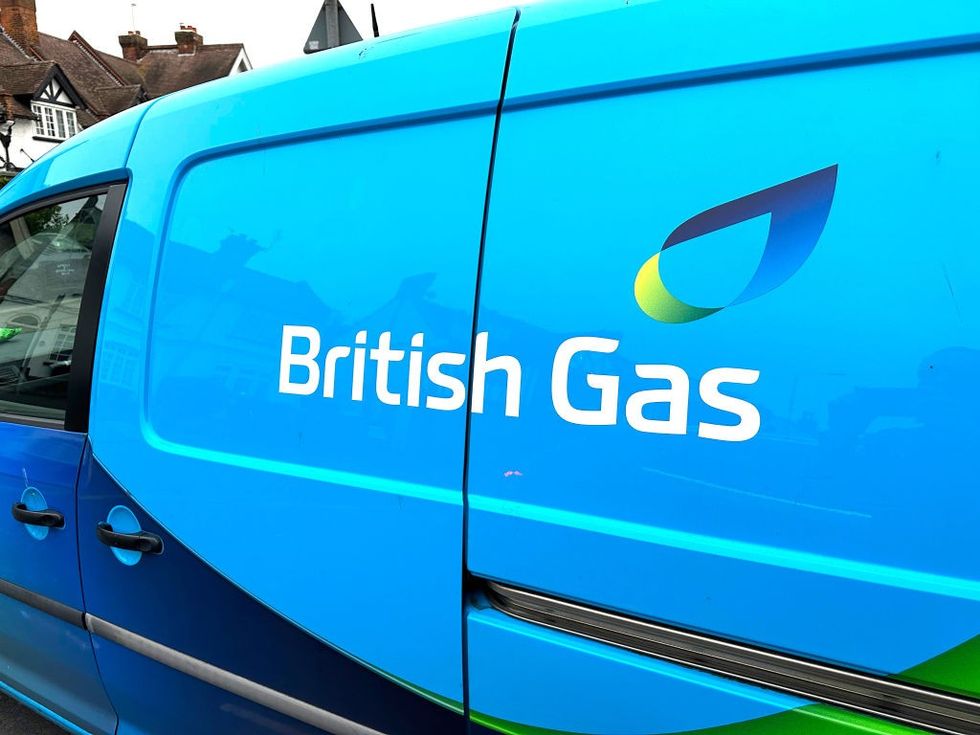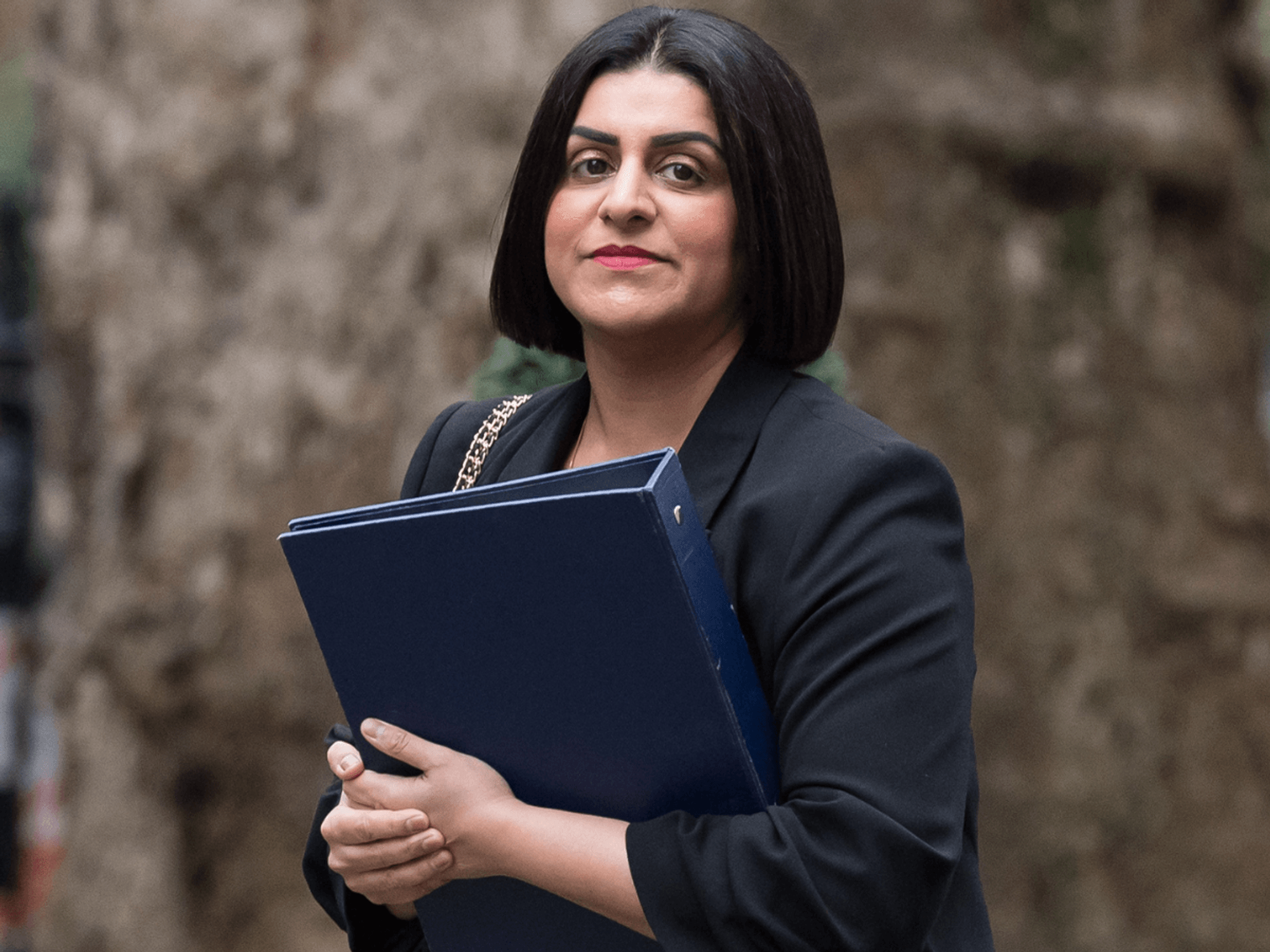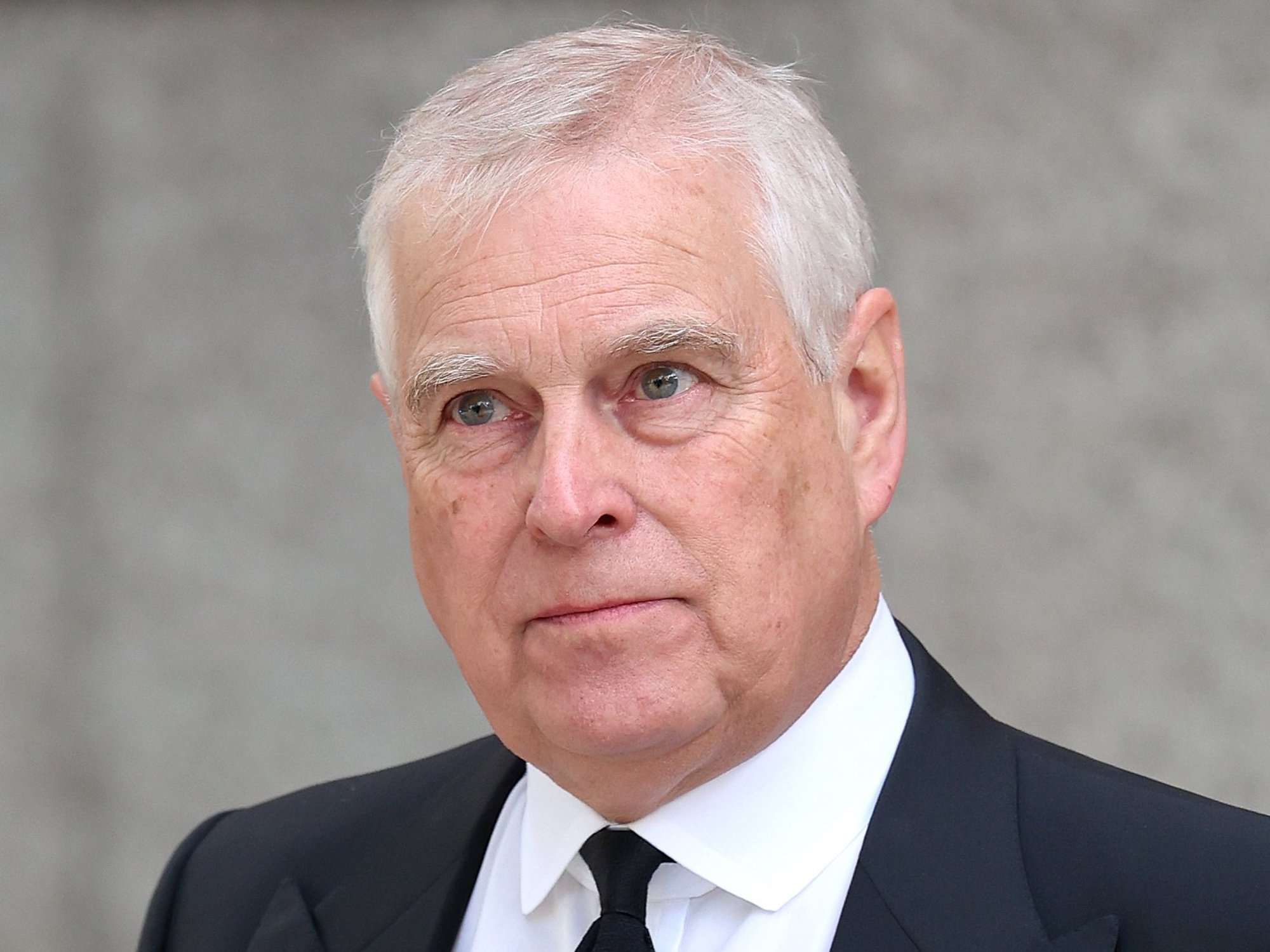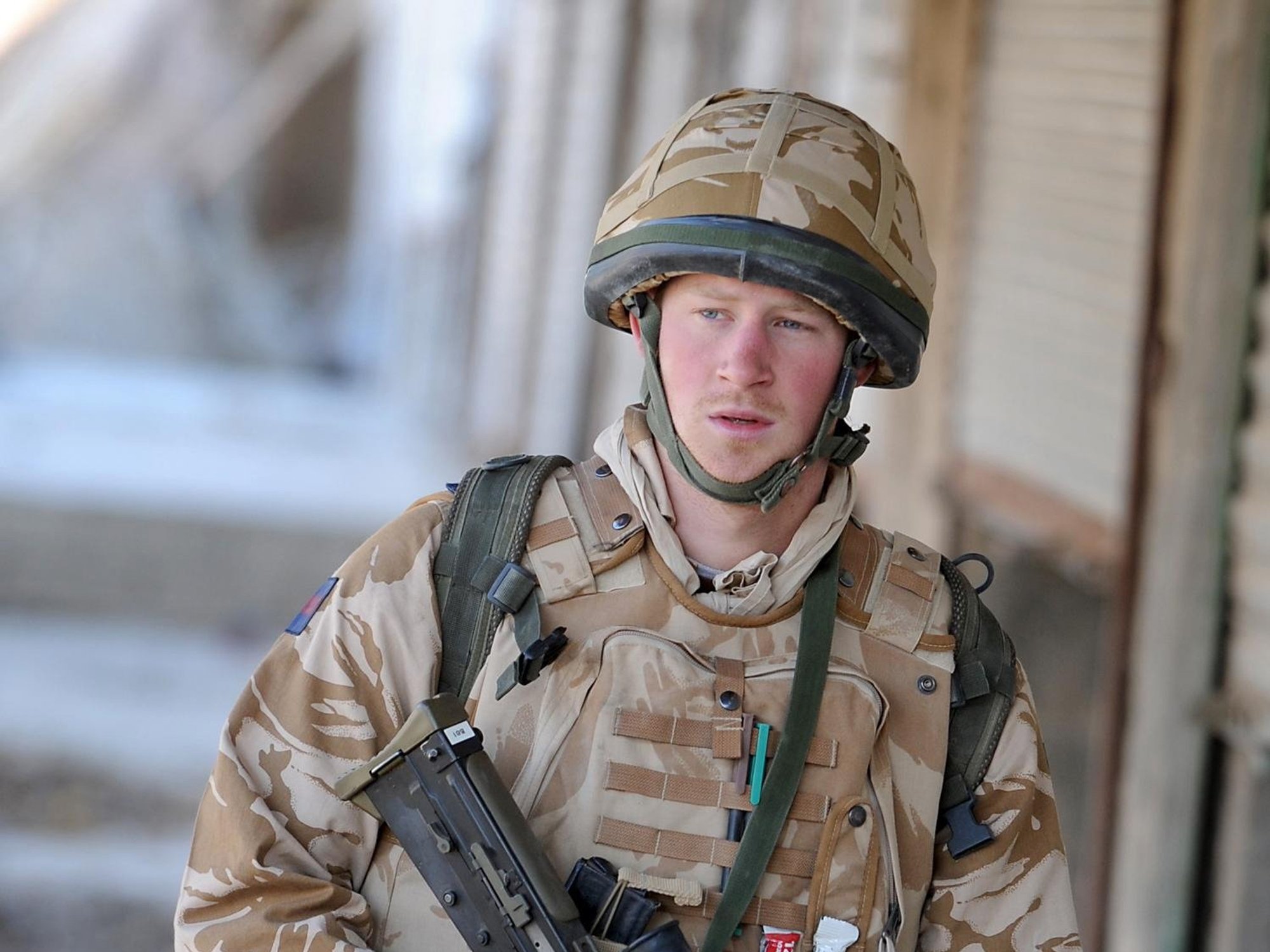British Gas and E.On bosses call for 'progressive social tariffs' to 'end postcode lottery' on energy bills

The bosses of Centrica and E.On have called for sweeping reforms
|GETTY

If the changes go ahead, customers could see standing charges being abolished
Don't Miss
Most Read
The bosses of Centrica and E.On have called for sweeping reforms to how consumers’ energy bills are calculated as prices have continued to increase over recent years.
The chief executives of both energy providers told MPs the new measures would help support poorer consumers.
They are aiming to introduce a social tariff which would see the industry and the Government subsidise reducing bills for low-income households.
This measure would see the abolition of standing charges, which are applied daily, regardless of how much energy the customer uses.
They are also used to cover the cost of supplying energy to homes and businesses.
Chris O’Shea, chief executive of British Gas owner Centrica said: “What’s in consumers’ interests is something that is understandable and very straightforward… The easiest thing is abolishing standing charges and having no zonal pricing.

Only 56 per cent of Centrica customers have smart meters,
|GETTY
“And then have a progressive social tariff. Why do people have to play a postcode lottery?”
He also revealed that only 56 per cent of Centrica customers have smart meters, more than a decade on from the technology’s rollout in 2011.
O’Shea continued: “We think that in order to have the proper smart grid required to keep costs low in the future… everybody should have a smart meter.
“One of the things we should consider is whether this is a voluntary programme or whether this is a mandatory programme.”
The CEO was giving evidence to the Energy and Net Zero Committee on Wednesday, alongside other energy company bosses and campaigners.
The call for sweeping reforms follows Russia’s invasion of Ukraine in 2022, which led to high energy bills.
To help consumers cope with these raised bills, the Government introduced a temporary Energy Price Guarantee to limit bills. The Energy Price Guarantee scheme is now closed, it was withdrawn on April 10, 2024.
Under the scheme, the Government set maximum prices for gas and electricity which were below those under the existing price cap.
The Government compensated energy suppliers for selling at below-cap prices.
The energy price cap is the maximum amount energy suppliers can charge you for each unit of energy and standing charge if you're on a standard variable tariff.
Between 1 April to 30 June 2024 the energy price cap is set at £1,690 per year for a typical household who use electricity and gas and pay by Direct Debit.
LATEST DEVELOPMENTS:
Campaign groups have called for a social tariff for several years.
The proposed measure is broadly agreed to take the form of a targeted discount energy deal for qualifying low-income consumers, which is typically below the price of the cheapest available energy tariff and targeted at those living in fuel poverty or on a low income.
E.On’s UK boss, Chris Norbury, also backed the introduction of a social tariff, adding: “The support that exists for those customers who are on very low incomes does not go far enough… We have called, for example, for a social tariff to support those customers who need it most.”










